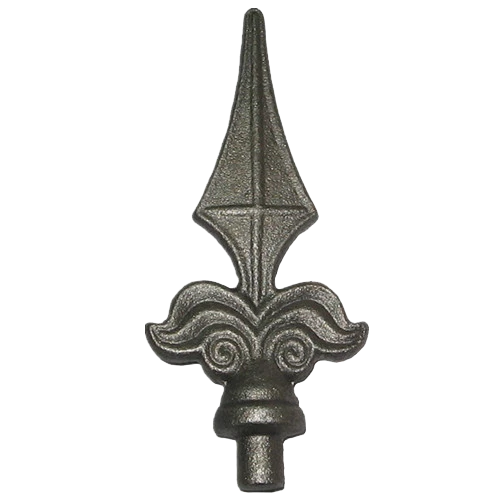Mobile:+86-311-808-126-83
Email:info@ydcastings.com
die cast material
Die Cast Materials An Overview
Die casting is a manufacturing process that involves forcing molten metal into a mold cavity under high pressure. This process is particularly favored for its ability to produce complex shapes with high precision and excellent surface finish. The materials used in die casting significantly influence the properties of the resulting products, making the choice of die cast materials a critical aspect of the manufacturing process. This article will delve into the various types of materials used in die casting, their characteristics, and applications.
The most commonly used die cast materials are aluminum, zinc, magnesium, and copper alloys
. Each of these materials possesses unique properties that make them suitable for different applications.1. Aluminum Alloys Aluminum is one of the most widely used materials in die casting, largely due to its excellent mechanical properties, lightweight nature, and corrosion resistance. Aluminum die casting can yield products that are strong yet lightweight, making it ideal for industries such as automotive and aerospace, where reducing weight is crucial for enhancing fuel efficiency. Common aluminum alloys used in die casting include A380, A383, and A384, each offering varying levels of strength, ductility, and casting characteristics. The high thermal and electrical conductivity of aluminum also makes it suitable for applications in the electronics industry.
2. Zinc Alloys Zinc die casting is renowned for its durability and strength while remaining cost-effective. Zinc alloys provide excellent corrosion resistance and are well-suited for applications where aesthetics matter, as they can be easily plated or finished. Zinc is often used to create intricate parts for automotive and hardware applications. The most common zinc alloys include Zamak 3, Zamak 5, and Zamak 12, all of which offer varying properties in hardness, ductility, and fluidity during the casting process.
die cast material

3. Magnesium Alloys Magnesium is the lightest structural metal and offers an attractive strength-to-weight ratio. Magnesium die casting is particularly beneficial for applications where weight savings are critical, such as in automotive and aerospace components. The use of magnesium alloys can lead to significant reductions in weight without compromising strength. Common magnesium alloys used in die casting include AM60 and AZ91, which provide good mechanical properties and can be easily machined.
4. Copper Alloys Although less common than aluminum or zinc, copper alloys are used in die casting applications that require superior conductivity or resistance to wear and corrosion. Copper die-cast products often serve in high-performance applications, such as electrical connectors, power tools, and other specialized equipment. Copper alloys are generally more expensive than other die cast materials, but their excellent properties make them well worth the investment in certain scenarios.
In recent years, advancements in die casting technologies, such as vacuum die casting and pressure die casting, have expanded the capabilities and applications of die cast materials. These innovations allow for more complex shapes, reduced porosity, and enhanced mechanical properties, further increasing the range of die casting applications.
In conclusion, the choice of die cast materials plays a pivotal role in determining the performance and suitability of the final product for its intended application. Aluminum, zinc, magnesium, and copper alloys each offer distinct advantages that cater to various industry needs. As manufacturers continue to seek ways to improve efficiency and product performance, understanding the properties and applications of these materials will remain essential in the evolving landscape of manufacturing. The versatility and reliability of die cast materials ensure their continued relevance in a wide range of industries, driving innovations and serving as a foundation for future advancements in manufacturing technologies.
-
Why Should You Invest in Superior Pump Castings for Your Equipment?NewsJun.09,2025
-
Unlock Performance Potential with Stainless Impellers and Aluminum End CapsNewsJun.09,2025
-
Revolutionize Your Machinery with Superior Cast Iron and Aluminum ComponentsNewsJun.09,2025
-
Revolutionize Fluid Dynamics with Premium Pump ComponentsNewsJun.09,2025
-
Optimizing Industrial Systems with Essential Valve ComponentsNewsJun.09,2025
-
Elevate Grid Efficiency with High-Precision Power CastingsNewsJun.09,2025











